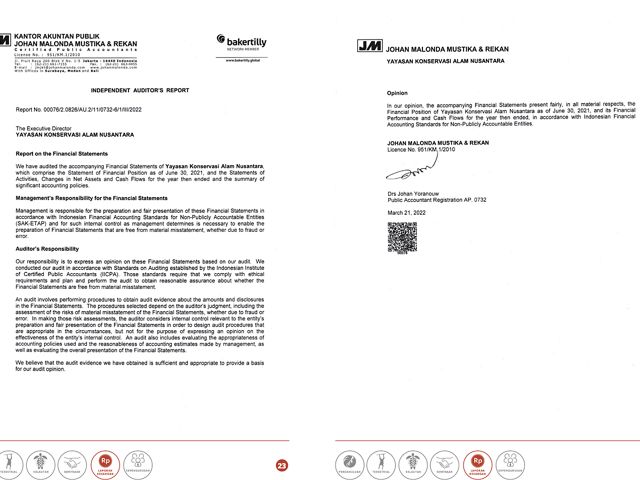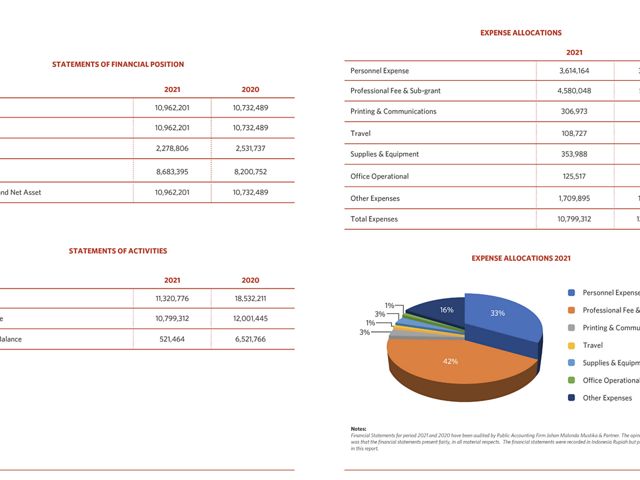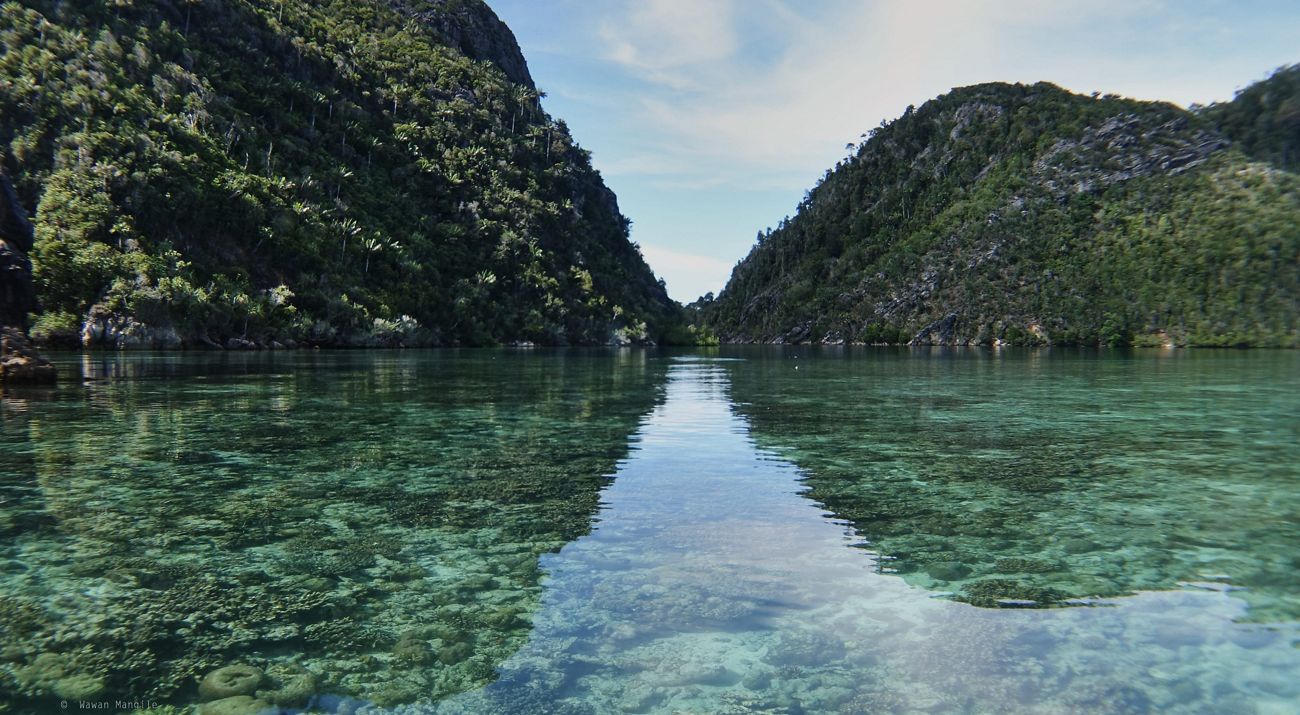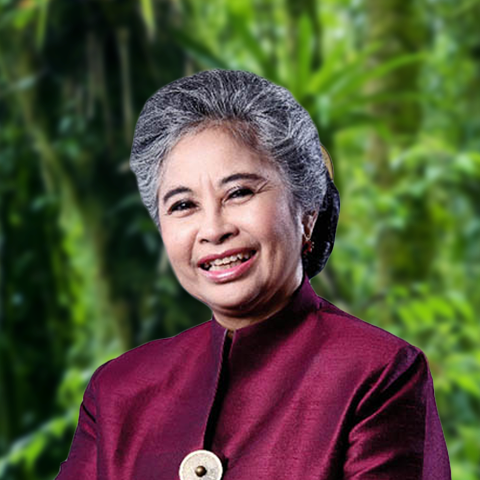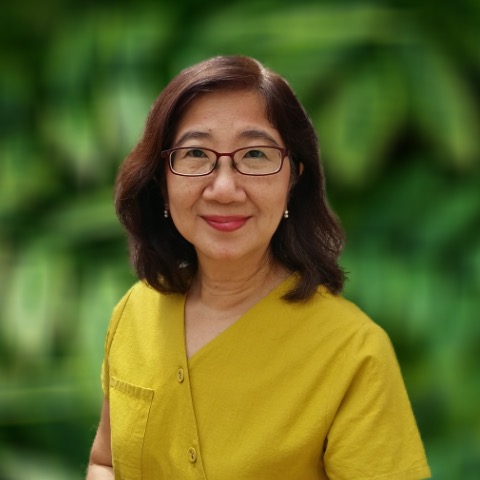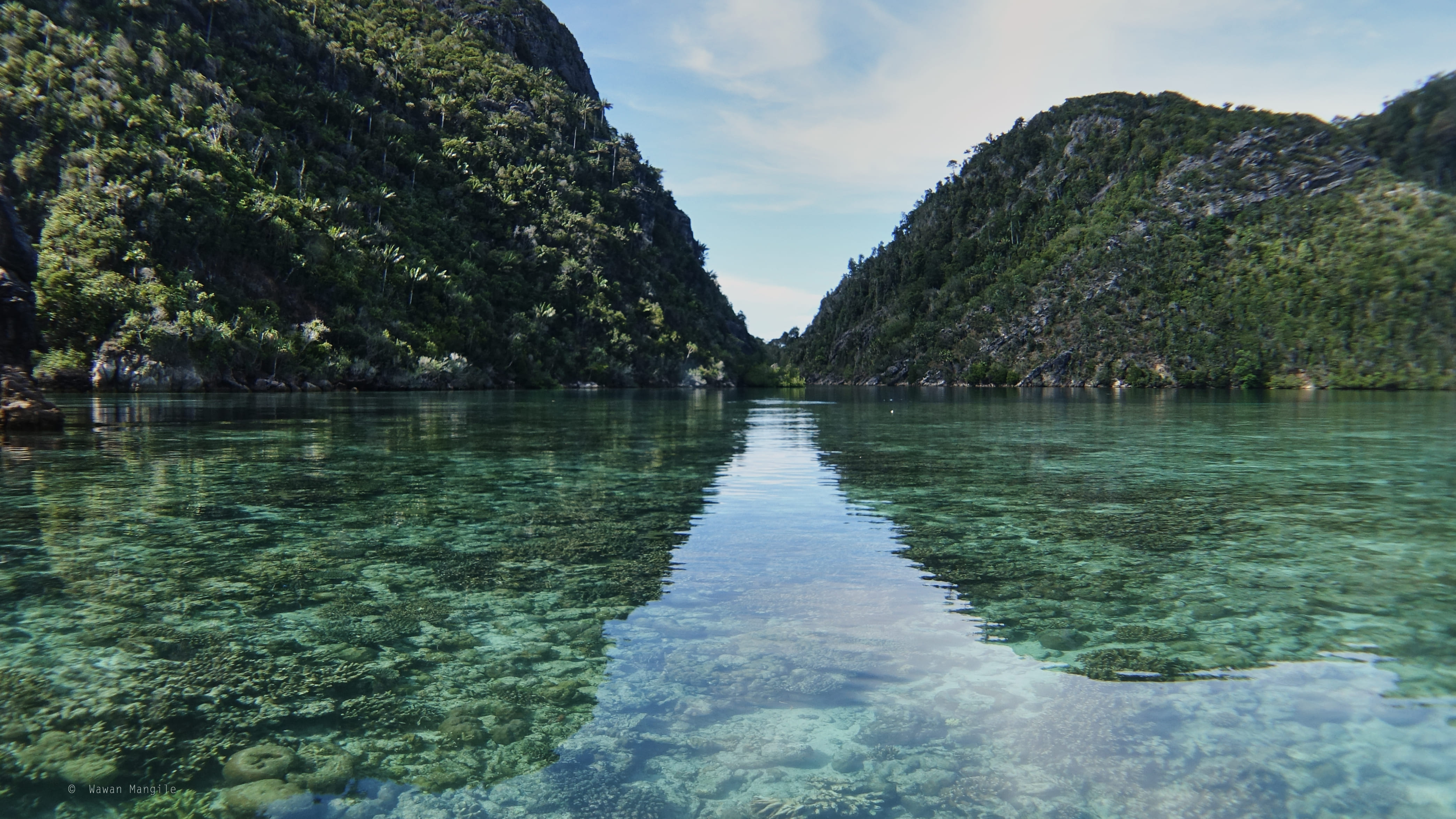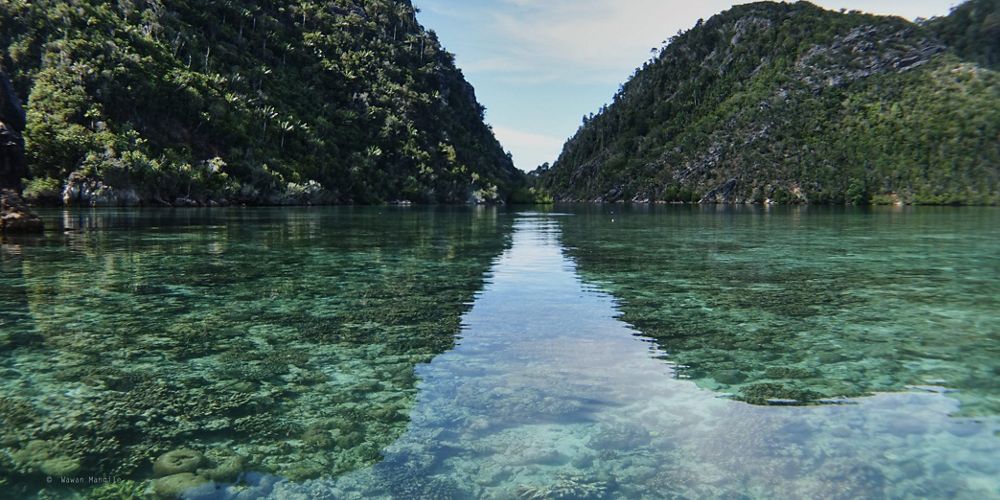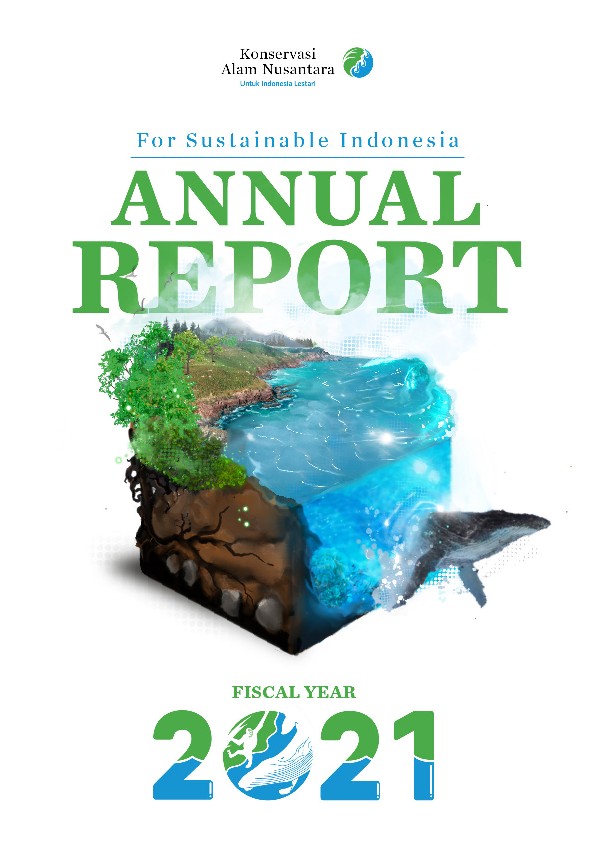Chair of Board of Patrons
Over the past two years, Covid-19 has taken millions of lives, disrupted the global economy, and brought to a standstill many facets of life that we once took for granted. What it has failed to do is alter the course of climate change. The things that failed to slow down are climate change and the rate of global biodiversity loss on land and at sea.
These dual issues remain among the most fundamental challenges of our time. When this pandemic eventually subsides, we will still face these challenges. And they’re the reasons why we remain committed to the conservation mission of YKAN that your support strengthens every day.
The world made progress in addressing climate change at the 26th United Nations Framework Convention on Climate Change Conference of the Parties (UNFCCC COP26) summit in Glasgow in 2021. However, this progress was a long-term effort. 2020 was recorded as the second-warmest year in history. At present, we’re experiencing a new normal of extreme weather, drought, fires, flooding, and erosion. These threats, combined with human activities that do not consider ecological conservation, place enormous strain on millions of plant and animal species.
Is there room for hope? I believe so — and Indonesia is a big reason for that hope. Our natural resources are a potent weapon in tackling climate change. As home to the world’s largest mangrove forest, the third-largest tropical rainforest, and extensive peatlands, Indonesia can store enormous amounts of greenhouse gases by protecting these carbon-rich ecosystems. And supporting sustainable management of our lands and seas can ensure ample food and thriving economies for future generations.
Since its founding, YKAN has advanced this important work through our terrestrial and ocean conservation programs. Collaborating with the government, the private sector, academia, communities, and indigenous peoples, we are protecting nature at a far greater scale than acting alone.
This report is an overview of how YKAN and our partners navigated Covid-19’s evolving challenges and delivered significant gains to protect nature and people. On behalf of the Board of Patrons, I would like to express our sincere gratitude to all partners, members of Board of Supervisors, Board of Management, Management, and Advisory Committee of YKAN; and to our donors for their generous support and shared commitment to achieve a sustainable Indonesia.
Greetings,
Shanti L. Poesposoetjipto
Chair of Board of Management & Executive Director
In Fiscal Year 2021, when pandemic restrictions impeded routine visits to conservation sites, my thoughts would often drift to our conservation partners living in remote places. Places like Wehea, for instance home to one of Kalimantan’s oldest Indigenous cultures and tropical forests inhabited by magnificent Bornean orangutans, or Rote Island, the southernmost island of Indonesia, where the community upholds local wisdom and uses customary laws in managing their natural resources.
Those customary (adat) communities, who are depending on healthy natural resources to put food on the table and providing for their families, have taught me more about conservation than I could have ever imagined. The separation brought by Covid-19 has made me value their efforts in protecting nature even more. For YKAN, Fiscal Year 2021 was not only a year of challenges but also of growth, adaptation, and resilience. If it were not for the exemplary coalition we have grown over the years, the obstacles presented by Covid-19 could have stalled critical conservation work.
Thanks to collaborating with several partners, which are government and corporate partners, our colleagues in academia and fellow non-governmental agencies, and the so many champions of nature in local communities across Indonesia, YKAN’s impact for good is growing. With several landmark agreements signed in Fiscal Year 2021, particularly with the Ministry of Environment and Forestry and the Ministry of Marine Affairs and Fisheries, YKAN is expanding conservation partnerships across 10 of Indonesia’s 34 provinces. As this report details, we have made substantial progress in many key areas of climate change mitigation and adaptation efforts, sustainable development, and conservation. A summary of highlights:
Climate: Preserving Indonesia’s tropical forests and mangroves are a global imperative in tackling climate change. That’s why we’re exploring a range of natural climate solutions, or NCS, that can contribute to reducing greenhouse gas emissions from the forestry sector. Together with the Ministry of Environment and Forestry, YKAN completed a groundbreaking study demonstrating how protection and restoration of wetland ecosystems such as mangroves and peatlands contribute up to three-quarters of the total NCS mitigation potential in Indonesia. These findings underscore the importance of such initiatives as the Mangrove Ecosystem Restoration Alliance (MERA), of which YKAN is a founding member.
Sustainable Development: We’re advancing green growth in East Kalimantan Province, home to nearly 4 million people, to protect biodiversity, prevent emissions, and support a sustainable economy. In 2021, we worked with the provincial government to mainstream their green growth vision into the mid-term development plans of seven districts/municipalities across East Kalimantan. The success here is informing green growth in neighboring North Kalimantan home to some of Indonesia’s most pristine tropical forests as YKAN initiates new research on low emission development strategies for this remote province.
Ocean Conservation: YKAN with partners established a new Marine Protected Area network spanning 1.4 million hectares in the Arafura and Timor Seas that comprises territory of four nations: Indonesia, Timor-Leste, Papua New Guinea, and Australia. In addition, we strengthened our support for indigenous communities to obtain management rights of nearly 100,000 hectares of traditional fishing grounds in the Bird’s Head Seascapes a global biodiversity gem located in the heart of the Coral Triangle and assisted 40 coastal villages in developing sustainable livelihoods such as sustainable seaweed aquaculture, mangrove-based local productions, and ecotourism.
None of these accomplishments would have been possible without the expertise and wisdom of our partners. Whether the indigenous people of Wehea, or the donors around the world who see the value of YKAN’s work, I am thankful to be a part of this conservation mission. Together, we will continue the efforts and work in protecting the land and water on which all life depends for a sustainable Indonesia.
Best regards,
Herlina Hartanto, Ph.D.
Introduction
With 250 million people, Indonesia is the world’s fourth-most populous country. Its oceans and tropical forests are also among the most biodiverse on the planet. These ecosystems supply natural resources that support Indonesia’s economy and its people: An estimated 40 million Indonesians living in rural areas rely on nature for their subsistence needs. But pressing challenges like deforestation, overfishing, and unsustainable coastal development are threatening biodiversity, human wellbeing, and our global climate.
The challenges that nature and people face in Indonesia require urgent action. Through its terrestrial and marine programs, YKAN has developed Natural Climate Solutions to help the Indonesian Government achieve its emissions reduction targets and developed new strategies to strengthen sustainable and equitable use of natural resources that protect biodiversity. By doing so, we are helping to reduce the risk of climate-driven damage to communities, provide abundant food and water sources, and introduce new, sustainable livelihoods.
To support the Government of Indonesia, we are working together with our partners and other key stakeholders to achieve below targets.
Target by 2024
-
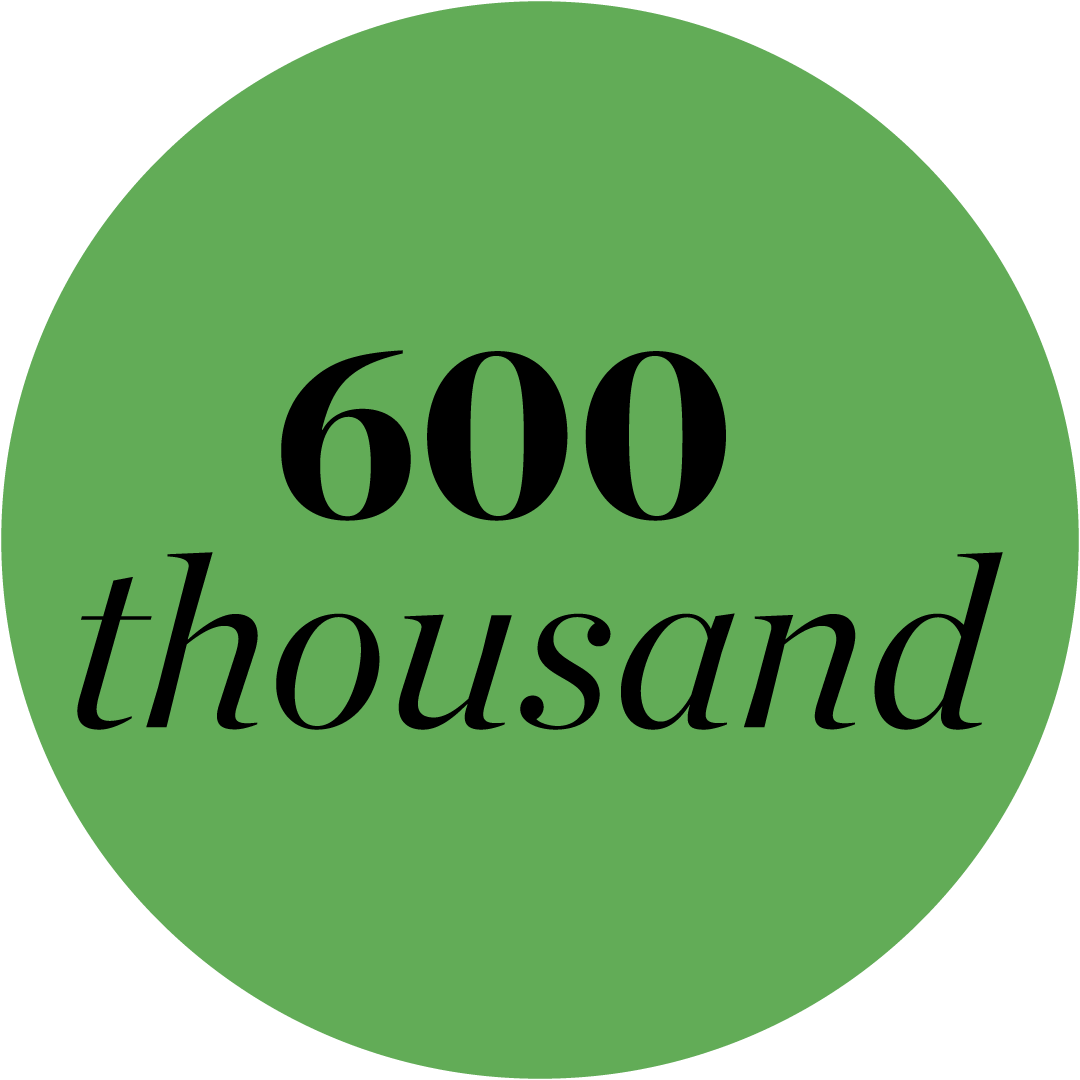
600.000 hectares
More than 600.000 hectares of orangutan habitat are managed and protected sustainably.
-
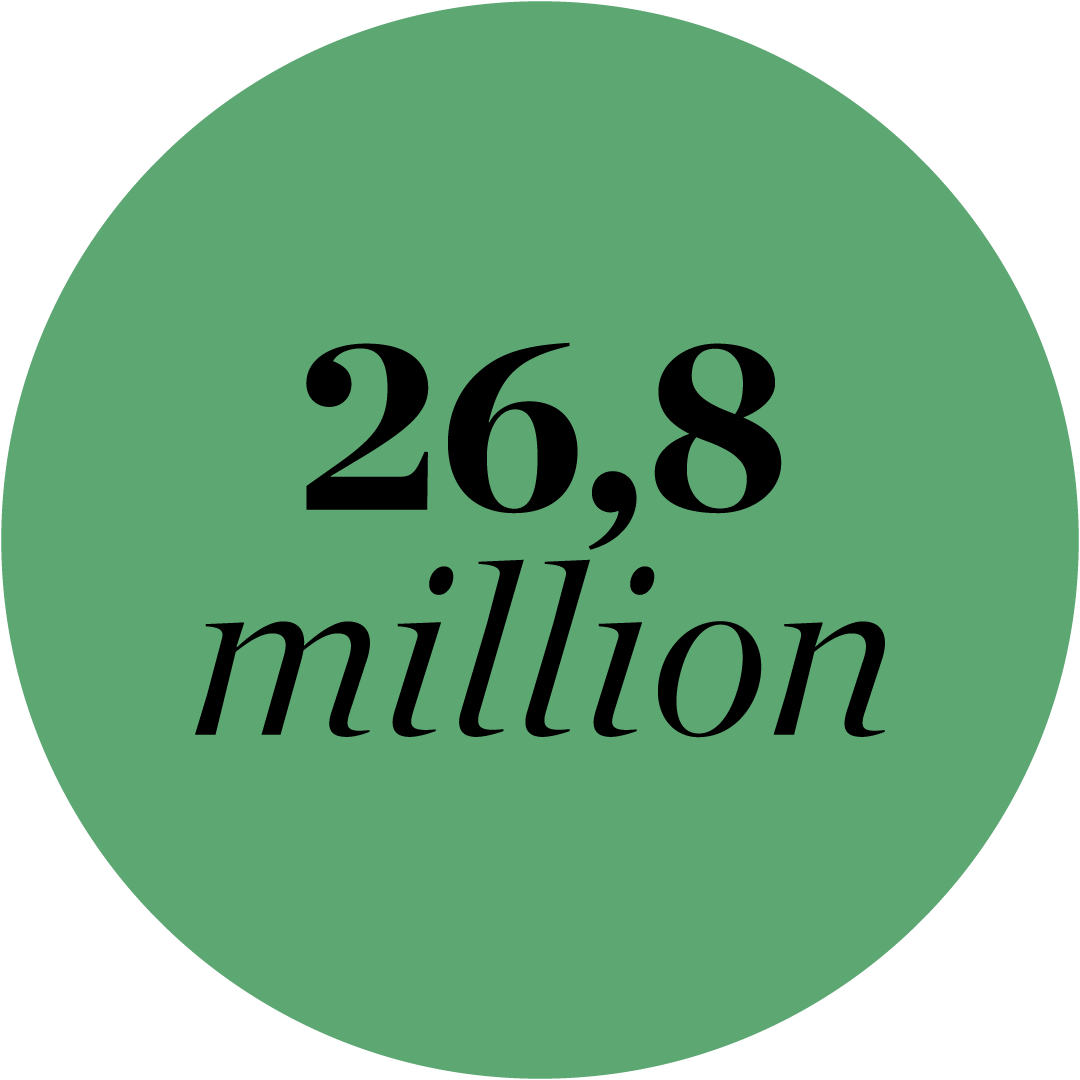
26,8 million tCO2/year
26,8 million tCO2/year reduced as a climate change mitigation effort.
-
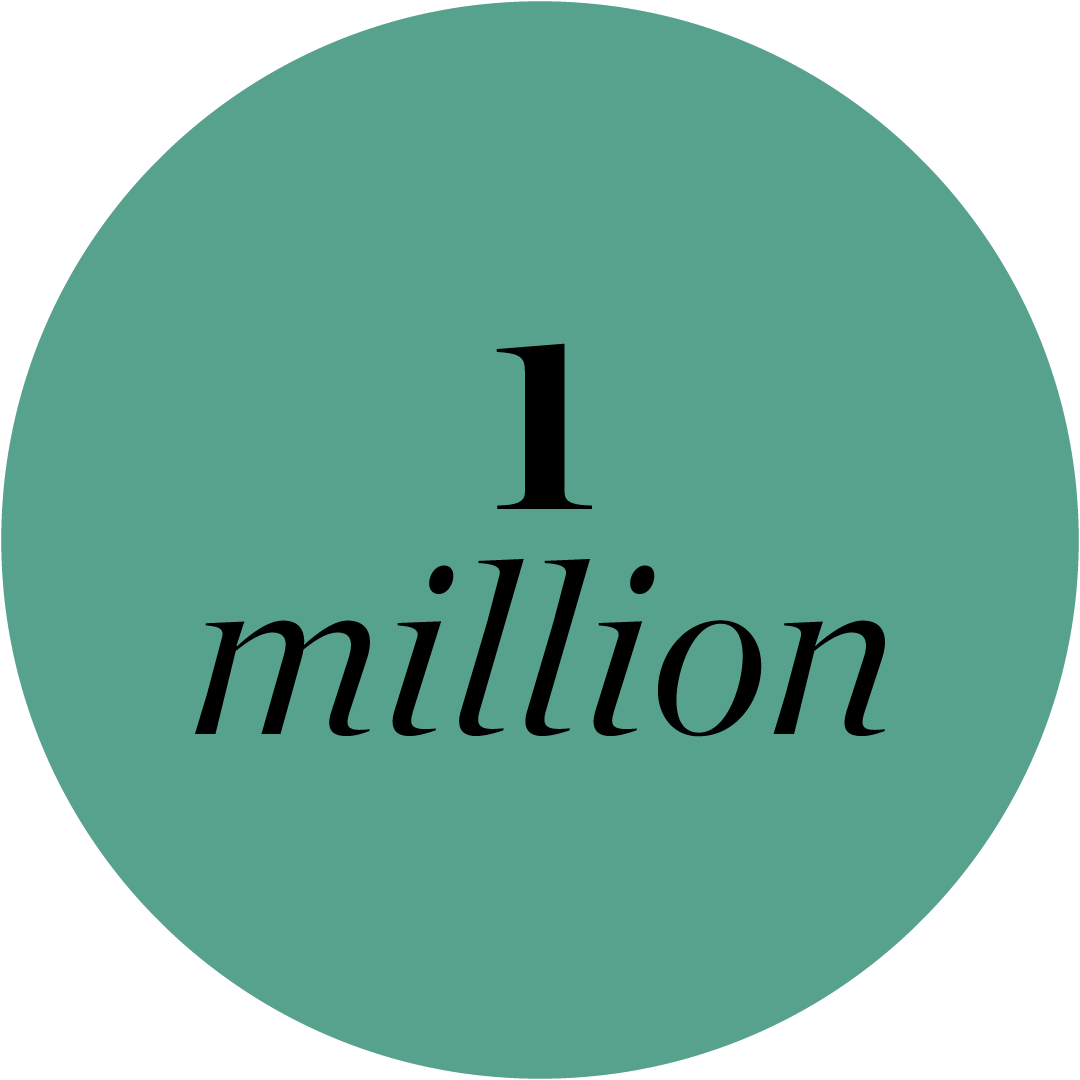
1 million hectares
1 million hectares of landscapes are protected from deforestation and forest degradation.
-
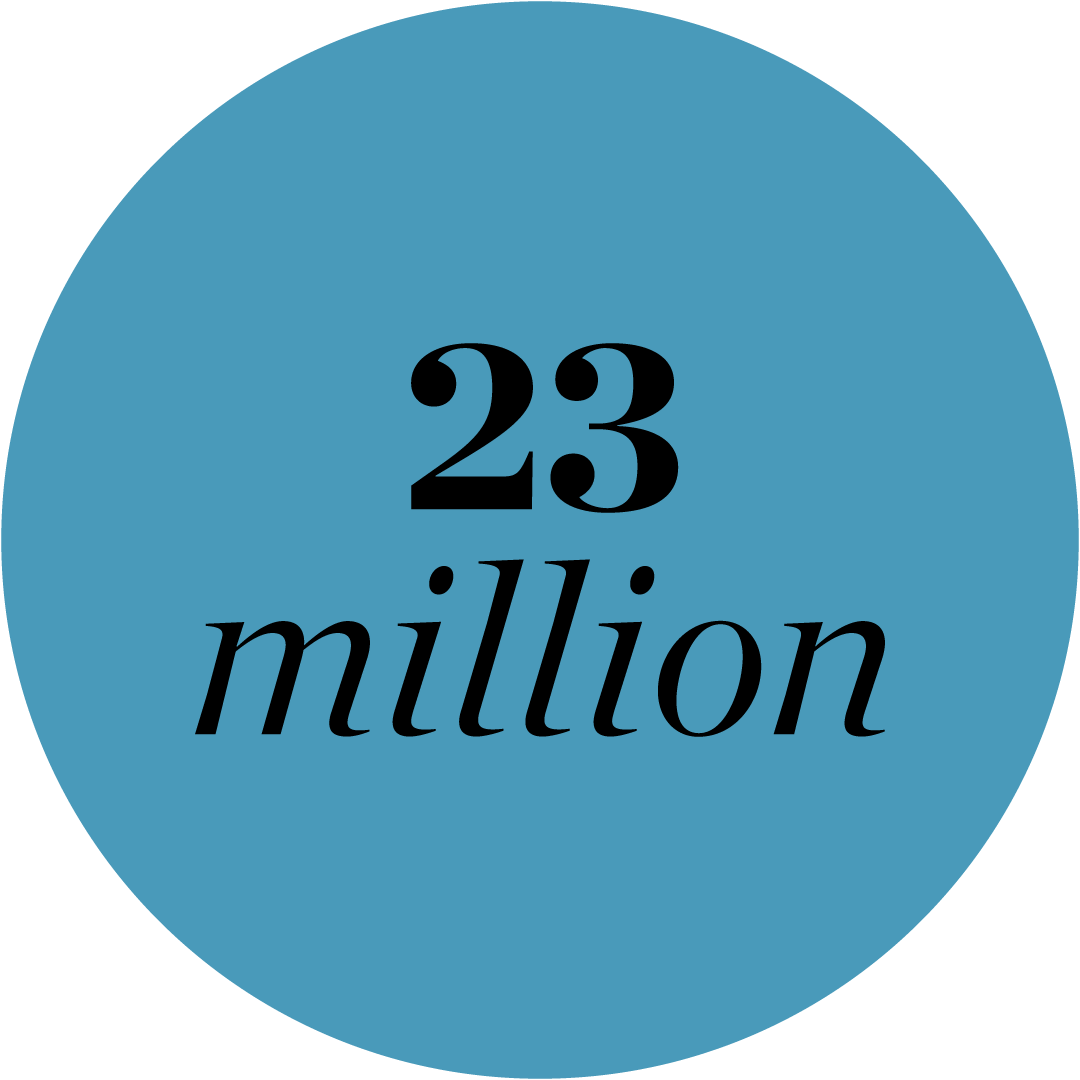
23 million hectares
23 million hectares of landscapes (ocean and terrestrial) are sustainably and effectively managed.
-

600 village
600 village landscapes (ocean and terrestrial) are sustainably and effectively managed.
-
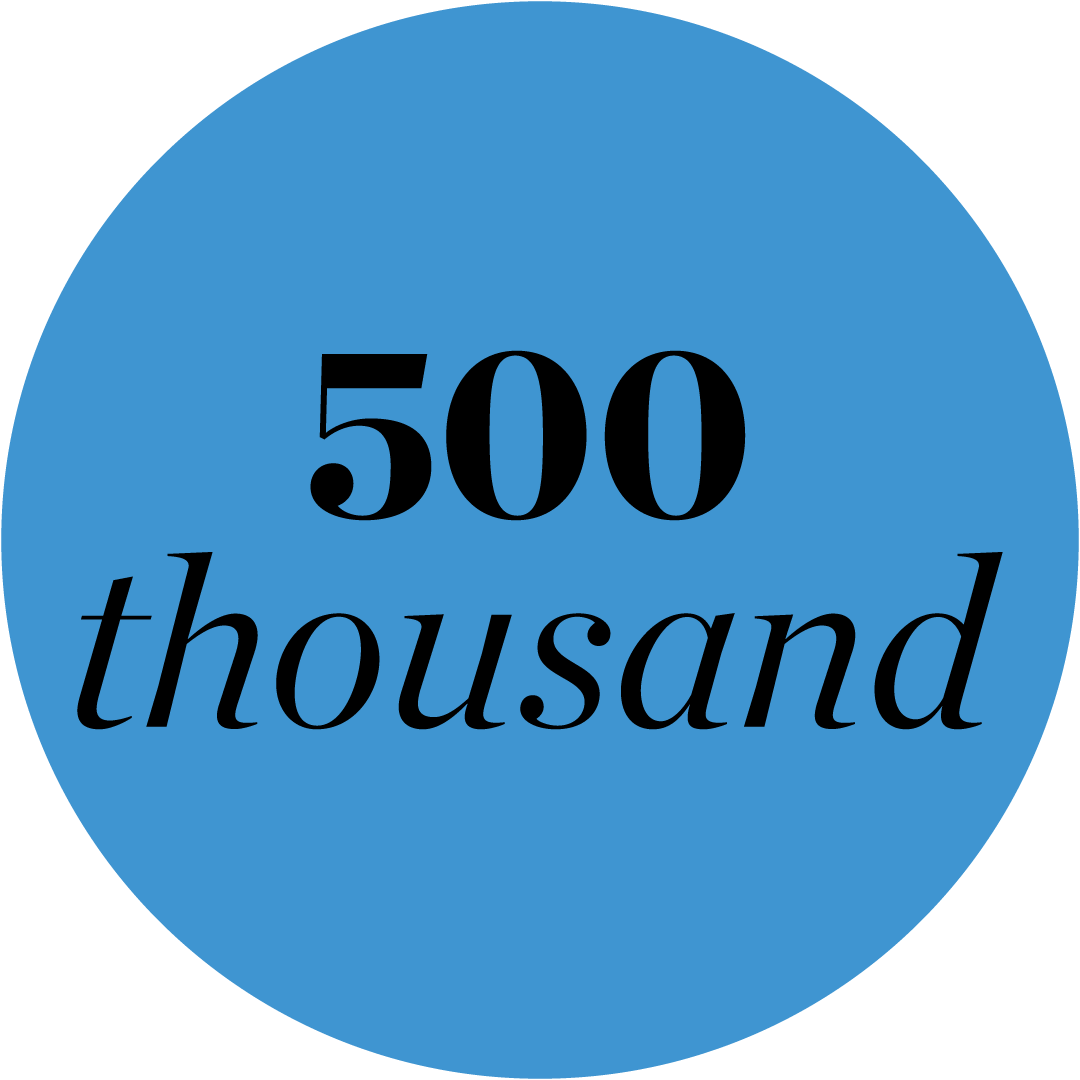
500.000 hectares
500.000 hectares of new marine conservation areas are sustainably developed.
We are finding solutions to face the current greatest challenges against people and nature.
Advancing adaptation and mitigation efforts and protecting the marine, lands, and clean waters, Yayasan Konservasi Alam Nusantara (YKAN) is currently working in more than 10 provinces in Indonesia through Terrestrial Program and Oceans Program.
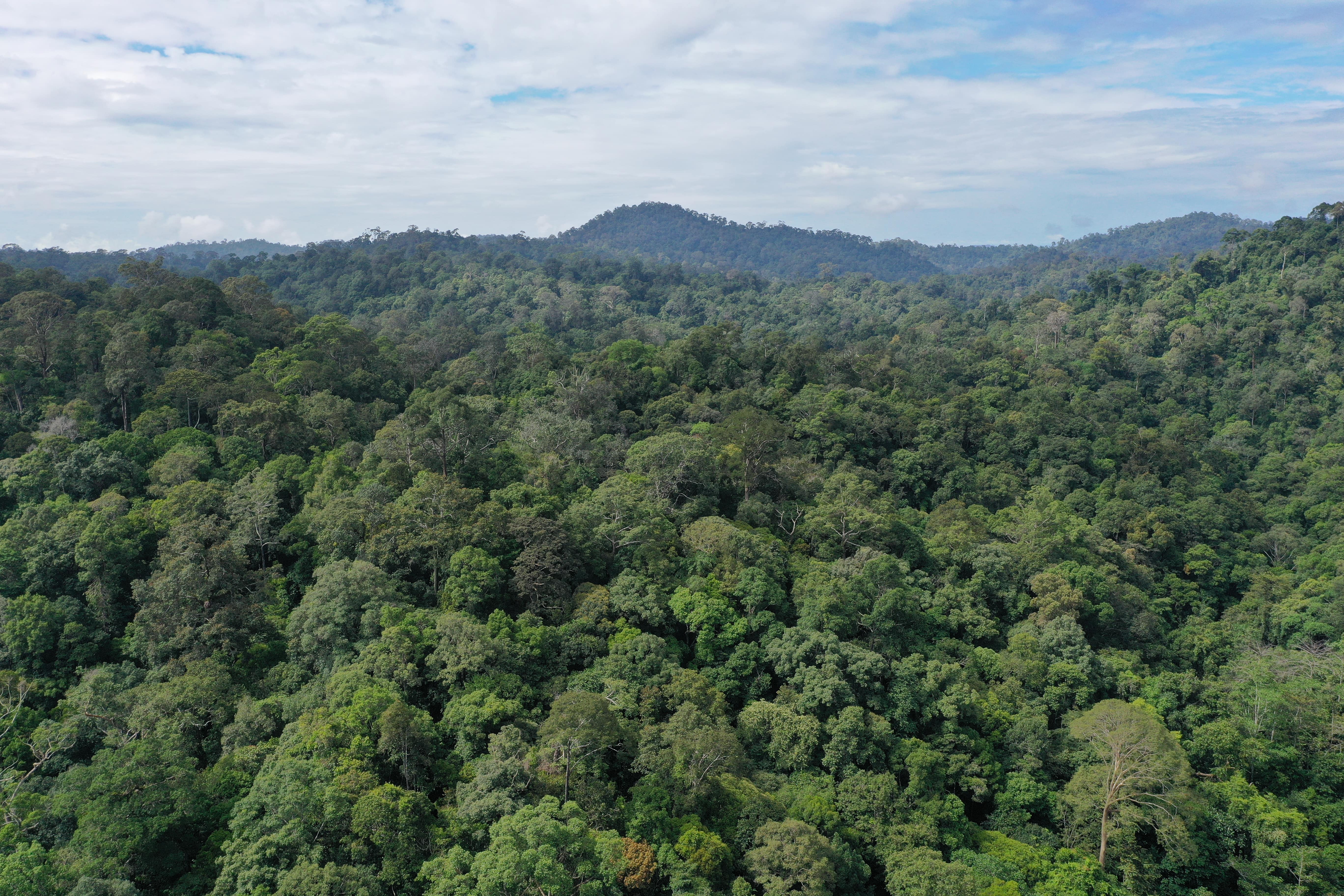
Terrestrial
YKAN promote sustainable forest management practices, avoiding deforestation and contributing to climate change mitigation through four primary strategies:
- Strategy 1
Community-Based Natural Resources Management
Across Indonesia, we directly witness how people who live with nature are nature’s best defenders. Therefore, community empowerment is the lifeblood of our work in Indonesia. Our primary conservation tool used to engage communities in Indonesia is an innovative approach called SIGAP, a Bahasa Indonesian acronym meaning Communities Inspiring Actions for Change. SIGAP introduces villages to conservation in an immediately tangible way.
Through SIGAP, we and partners:
- Strengthen village governance
- Help secure legal rights for communities to manage natural resources
- Improve well-being through the development sustainable livelihoods that can protect forests
- Strategy 2
Sustainable Forest Management
Strengthening the management of natural production forests and appropriate tree harvesting applications is one of Indonesia’s most impactful natural climate solution strategies that can contribute to the national emissions reduction targets.
YKAN has worked with the government and forest concession holders to test the Reduced Impact Logging-Carbon (RIL-C) methodology, which can cut carbon emissions by up to 40 percent without reducing timber production. The main keys of RIL-C practices are leaving hollow trees standing, controlling the direction of falling trees, decreasing damage to big trees from skidding, and minimizing the width of logging roads to reduce forest damage.
East Kalimantan Forest Agency supported the implementation of RIL-C that was tested in seven production forest concessions and three Forest Management Units. YKAN supported this commitment by holding a series of RIL-C training. In addition, we partnered with researchers from governmental institutions and Forest Concession Association (Asosiasi Pengusahaan Hutan Indonesia or APHI) to explore ways to utilize wood waste as an additional revenue stream for companies practicing RIL-C.
- Strategy 3
Sustainable Oil Palm
WorkingwithEastKalimantanGovernment,specifically the Estate Crop Agency, oil palm companies, and communities, YKAN introduced a sustainable practice to meet global demand for palm oil while mitigating deforestation and forest degradation.
This approach includes developing and testing new tools,identifyingkeyconservationset-asideareas,and engaging key stakeholders to promote sustainable oil palm policies and practices.
- Strategy 4
Climate Change Mitigation Framework
YKAN is committed to support the development and implementation of a strong climate change mitigation framework at national and sub-national levels. We provide technical capacity, conduct scientific research on Natural Climate Solutions (NCS), and encourage policy that support NCS application.
We’re advancing the Green Growth Compact that has brought together more than 200 institutions to support the East Kalimantan Government in achieving its green growth vision.
Oceans
YKAN supports the sustainable management of coastal and marine resources trough primary strategies:
- Strategy 1
Blue Economy
YKAN is committed to applying the emerging blue economy a model for sustainable use of ocean resources that can protect the marine environment while propelling economic growth and new jobs in Indonesia.
To advance the blue economy locally, we have introduced SIGAP to 16 coastal villages in Wakatobi, Raja Ampat, Rote-Ndao, Berau, and Semarang. SIGAP involves community members in formulating and monitoring their sustainable development and natural resource management and initiating community-based sustainable businesses such as ecotourism and a range of aquaculture (seaweed, shrimp, milkfish). In 2021, YKAN facilitated a series of training sessions to 27 community groups in those locations on topics such as ecotourism, sustainable seaweed aquaculture, and mangrove-based local productions..
- Strategy 2
Sustainable Fisheries
As global demand for seafood rises, Indonesia faces more pressure to harvest more fish. However, information on the species and sizes of fish caught in Indonesia is very inadequate. Over-fishing practices often exceed sustainable levels. Effective fisheries management plans and detailed harvest strategies are critically needed. These challenges carry enormous consequences for the stability of Indonesia’s fisheries and the prosperity of its coastal communities.
YKAN is committed to support the implementation of sustainable harvest strategies in 11 fisheries management areas in Indonesia. We are conducting key research on the health of fishing areas, engaging stakeholders to implement supply chain reforms, improving the management of target fisheries (e.g., snapper, grouper, and tuna), and helping communities secure rights to traditional fishing areas that they have depended on for generations.
- Strategy 3
Coastal Resilience
Indonesia is home to more than one-fifth of the world’s mangroves, which protect coastlines, absorb carbon, and provide essential habitats for birds and fish. However, based on data from the Ministry of Environment and Forestry (2021), since the 19th century, almost one- fifth of mangroves in Indonesia have been lost. As these ecosystems disappear, so do the benefits they provide to people: food, jobs, and protection from storm surges and other threats.
Protecting mangroves in Indonesia and throughout the Asia Pacific not only safeguards these benefits for coastal communities but also secures a potent source of blue carbon. If left undisturbed, mangrove ecosystems can continuously store carbon for millennia at four times the rate of tropical forests.
YKAN is developing mangrove conservation and restoration through the Mangrove Ecosystem Restoration Alliance (MERA), a national multistakeholder platform to reduce the vulnerability of coastal communities and mitigate/adapt to climate change impacts.
- Strategy 4
Oceans Protection
This strategy aims to effectively conserve and restore critical habitats by engaging all community members including those who have been marginalized from past conservation efforts, such as Indigenous peoples, women, youth, and people with disabilities and Marine Protected Area (MPA) managers. These critical habitats face challenges such as overexploitation, habitat conversion and destruction, and marine resources pollution by locals or outsiders.
The protection of these critical areas can be done through two efforts. Firstly, by establishing a new marine protected area. Secondly, by facilitating effective management of the existing MPAs through building community awareness about the value of conservation for livelihood, engaging the community in conservation work, and facilitating managers’ capacity to manage the area.
Area of Work
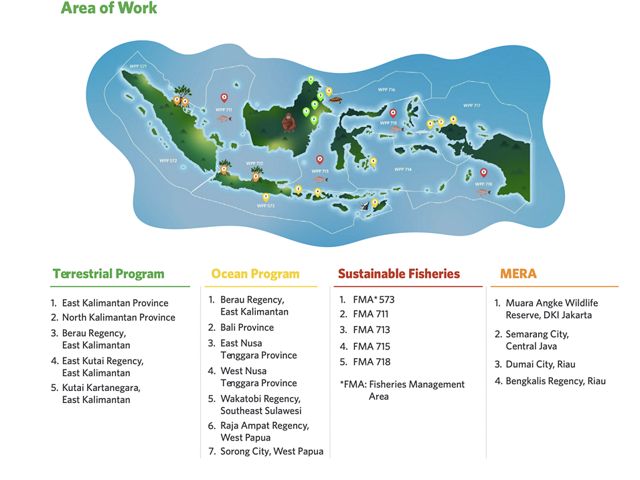
YKAN has been partnering with communities to create a world where people and nature thrive. We have forged strong relationships with our partners to collaboratively create and implement science-based tools that support the conservation and sustainable utilization of natural resources in Indonesia. We support the leadership of local and indigenous communities whose well-being and livelihoods depend on a healthy ocean, freshwater, and lands. When indigenous people and local communities express themselves, we listen, learn, and support their conservation leadership.
At present, we are facing the most complex challenges in our lives, and we only have years, not decades, to address the interconnected climate and biodiversity crises.
Through partnerships with governments, universities, corporates, community groups, and local and international, we expand the potential to find a way to overcome existing challenges and achieve our collective goals. Through philanthropy and individual donation, we will continue to raise awareness among related parties and the public and forge new paths for conservation funding.
In Fiscal Year 2021, we were supported by more than 3,200 active members through the #sayaSIGAP campaign. Our 65 dedicated fundraisers were across six major cities in Indonesia, continuing to inspire people to support our conservation programs. The domestic fundraising had increased by 19% compared to the previous fiscal year.
We support governments’ crucial role in drafting policies that enables the implementation of conservation efforts by communities and other stakeholders. YKAN has established collaboration with the Ministry of Environment and Forestry and the Ministry of Marine Affairs and Fisheries in the form of memorandum of understanding with the technical agencies under these two ministries. We have also supported regional governments’s sustainable development programs, and ensured our programs were aligned with their vision and mission. Therefore, YKAN had several cooperation agreeements with several regional governments at the provincial and regency level.
Financial Report
